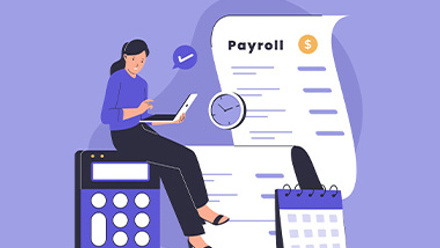What is responsible reward?

The other point to make is that responsible reward is a catch-all phrase for lots of different elements. Some of these may already be underway at your company, even if they don’t form part of an overarching strategy.
The idea of rewarding responsibly is not new, but there are a number of external factors that have forced the idea to the top of Board agendas and are pushing many companies to, in effect, rebrand and realign their reward practice.
At its heart is the fact that no business operates in isolation and we are all part of a global ecosystem, one that isn’t sustainable in the long term if we carry on consuming at the rate we do now.
The UN has developed several initiatives, including their Sustainable Development Goals, to protect the environment and people, and which demand a change in behaviour. And in the same way that David Attenborough and the ‘Blue Planet effect’ forced the conversation on plastic pollution, the tide has now started to turn as investors, consumers and employees place pressure on organisations to act in a more sustainable and accountable way.
We think it is vital to look at reward holistically and take a strategic perspective when considering fair pay. But before you dive in and write a new set of fair pay principles, we would suggest that you stand back and look, not just at the different numbers legislation requires us to define, but also at the true application of reward in your organisation as it stands right now.
Ask some thought-provoking questions about how reward is really perceived. The CIPD’s 2019 Reward Management report suggested that whilst 75% of HR professionals think all or most people in their organisation are paid fairly, only 33% of employees would agree. Is this statistic true in your organisation?
Some starting points
- What do you communicate? Most often a sense of unfairness comes from lack of understanding about the true picture.
- What do your employees feel about reward in your organisation? Do they really understand how things work? How well do you listen to employee concerns that things are unfair?
- Confidence and trust in the intent – has the intent been explained? What has been put in place to engender confidence that fairness is important in your organisation?
- Have line managers been trained to manage the process fairly? Do they understand it and can they explain to their teams on what basis pay or bonus is decided?
- Ability to influence the outcome – anything seen as a foregone conclusion will always seem unfair. Do employees understand how they can influence their pay? Do managers feel their input matters?
Focus on addressing some of these through open communication. Only when people really understand how pay works will they trust it is fair.
For further reading on Responsible Reward, you can download our guide.
The author is Justine Woolf, director of consulting at Innecto.
This article is provided by Innecto.
Enjoyed this article?
Read more about responsible reward practices.
Want to understand how other companies are implementing responsible reward strategies? Why not ask your peers on rebaLINK, our networking and due diligence platform.
Contact the Associated Supplier to reward strategies.
Supplied by REBA Associate Member, Innecto Reward Consulting
The UK’s largest independent pay and reward consultancy, transforming pay into performance.







